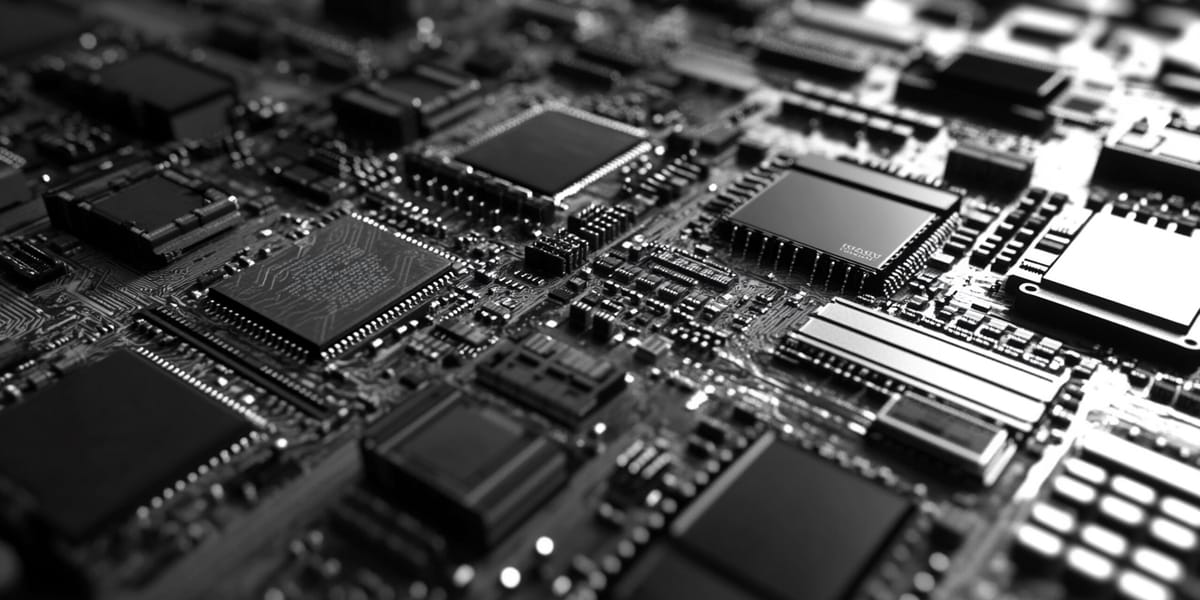Nvidia Faces Nine Month Delay for H20 Chip Manufacturing in China

Nvidia has informed Chinese customers that it possesses limited supplies of H20 chips and does not plan to restart production, according to Yahoo Finance. The chip designer announced earlier this week that it would resume sales of the H20 artificial intelligence processors to China following policy changes by the Trump administration.
The US government imposed restrictions on H20 chip sales in April 2025, forcing Nvidia to cancel customer orders and manufacturing capacity at Taiwan Semiconductor Manufacturing Company. TSMC subsequently shifted its H20 production lines to manufacture other chips for different customers, creating supply chain disruptions that persist months later.
Nvidia CEO Jensen Huang stated at a Beijing media event that manufacturing new chips from scratch would require nine months. The H20 represents the most powerful AI chip Nvidia had been permitted to sell to China under previous export restrictions before the April ban took effect.
Why Production Delays Matter for Both Companies
The manufacturing obstacles represent a major setback for Nvidia's China operations despite recent diplomatic progress. Chinese technology companies including ByteDance and Alibaba had been purchasing H20 chips in anticipation of continued restrictions, creating pent-up demand that cannot be immediately satisfied.
CNBC reports that Nvidia's Chinese customers went into a purchasing frenzy when President Trump initially allowed H20 sales to resume. The policy reversal was seen as a significant victory for the company, which took a $4.5 billion writedown on unsold H20 inventory in May.
The production delays could cost Nvidia billions in lost revenue from China, which Huang estimates could represent a $50 billion market over the next two to three years. The manufacturing gap also gives Chinese competitors additional time to develop domestic alternatives while Nvidia rebuilds its supply chain capacity.
Broader Impact on Semiconductor Competition
The production obstacles arrive at a time when China is accelerating domestic chip development to reduce dependence on US technology. According to Foreign Policy, China acquired more than 1 million H20 units in 2024 and has been stockpiling chips since early 2025 in response to trade restrictions.
Huawei has emerged as Nvidia's primary Chinese competitor with its Ascend series chips. The company's Ascend 910C processor entered mass production in 2025, with the next-generation 910D reportedly approaching the performance of Nvidia's H100 chips. Chinese firms including Cambricon, Enflame, and Biren Technology are also developing competitive domestic AI processors.
CNBC notes that while Chinese alternatives remain behind Nvidia technologically, they demonstrate significant progress toward domestic chip self-sufficiency. Beijing has invested tens of billions of dollars through its National Integrated Circuit Industry Investment Fund to accelerate semiconductor development and reduce reliance on foreign suppliers.
Further Reading
For deeper insights into global adoption trends, our Alternative Financial Systems Index tracks regulatory frameworks and adoption metrics across 50 countries. This comprehensive database provides context for understanding how technology trade restrictions affect international markets and competitive positioning.




